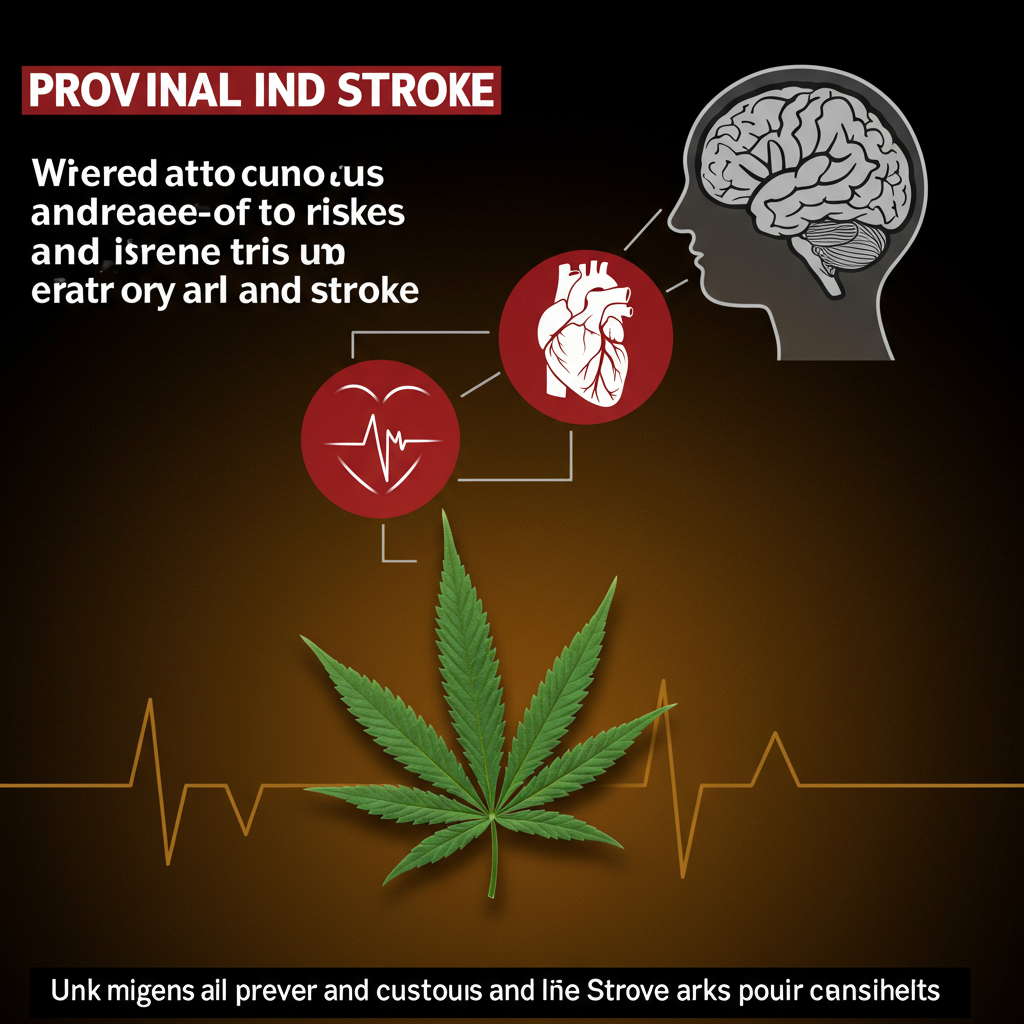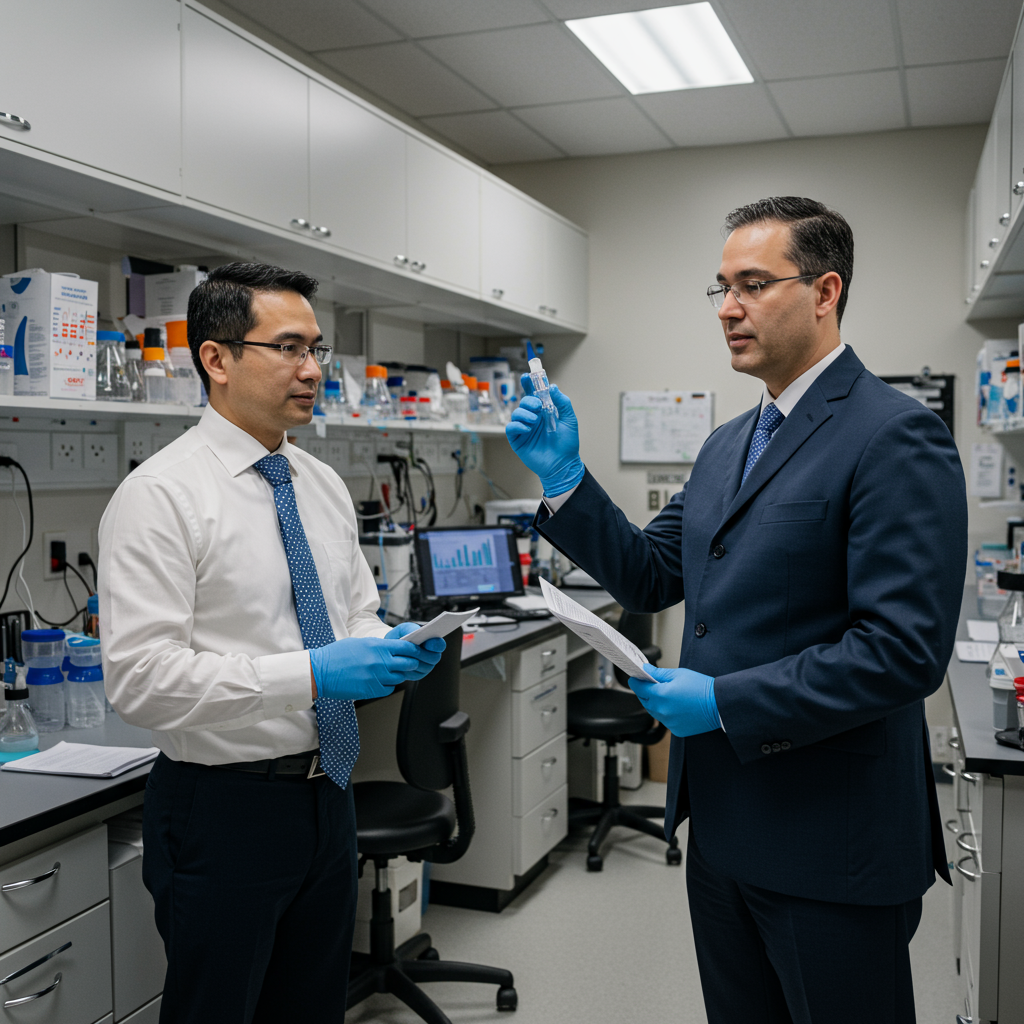As cannabis (marijuana) use becomes more common across the United States, fueled by increasing legalization, a significant body of new research is raising serious concerns about its impact on cardiovascular health. Far from being harmless, recent studies indicate a clear link between marijuana use and a higher risk of dangerous events like heart attack and stroke.
Growing Evidence Links Cannabis to Heart Problems
A comprehensive analysis pooling data from 24 previous studies, published in the journal Heart, found that cannabis use is associated with an increased risk of serious cardiovascular events. Users had a 20% higher risk of stroke and nearly double the risk of dying from cardiovascular disease compared to non-users.
While this type of data shows association rather than direct cause, cardiologists note it’s well-established that cannabis can increase heart rate, raise blood pressure, and alter heart rhythm – factors that stress the cardiovascular system and are known contributors to heart disease over time.
Surprising Risks for Young, Healthy Adults
Perhaps most concerning are findings suggesting risk even for younger individuals without pre-existing health issues. One retrospective study analyzing data from nearly 3 years of follow-up, published in JACC Advances, focused specifically on individuals under age 50 who had no history of major heart problems, healthy blood pressure and cholesterol, and no diabetes or tobacco use. In this group, cannabis users were found to be dramatically more likely to experience serious issues:
Over six times (6x) higher risk of heart attack
Four times (4x) higher risk of ischemic stroke (caused by blood clots)
Double the risk of heart failure
Three times (3x) higher risk of the composite outcome of cardiovascular death, heart attack, or stroke
These findings challenge the perception that younger, healthier individuals are immune to cannabis-related cardiovascular risks.
Heightened Danger for Vulnerable Groups
While risk exists for younger users, experts agree that older adults and those with underlying conditions like high blood pressure, high cholesterol, type 2 diabetes, or pre-existing heart issues face particularly high risks. Their cardiovascular systems are often less resilient and more susceptible to the stress cannabis can impose.
One large study presented at a recent American Heart Association conference found that daily marijuana users had a 34% increased risk of developing heart failure, a link that persisted even after accounting for traditional risk factors like smoking, age, and diabetes. Another study focused on elderly adults (over 65) with existing cardiovascular risk factors but no history of tobacco smoking, finding that cannabis users in this group had a 20% higher chance of experiencing a major cardiac or brain event like a heart attack or stroke during hospitalization compared to non-users with similar risk factors.
How Might Cannabis Harm the Heart?
Researchers are still working to fully understand the precise biological pathways linking cannabis use to cardiovascular problems, but several mechanisms are suspected:
THC’s Direct Effects: The primary psychoactive compound, THC, is known to elevate heart rate, increase blood pressure, and may trigger inflammation. Some evidence suggests THC could also cause blood vessels to constrict, potentially limiting blood flow.
Increased Cardiac Strain: Cannabis use can increase the heart muscle’s demand for oxygen.
Vascular Dysfunction: It may impair the function of the endothelium, the lining of blood vessels, affecting their ability to relax and expand properly.
Smoke Inhalation: Inhaling cannabis smoke exposes users to toxins like carbon monoxide and tar, similar to tobacco smoke, which contribute to plaque buildup and impede blood flow. Experts note that while THC replaces nicotine, the harmful effects of combustion are comparable.
Beyond Smoking: Consumption Methods and Frequency
While smoking is a known risk factor due to the inhaled toxins, recent findings suggest that cardiovascular risk is not limited solely to this method. Even cannabis users who consume edibles have shown basic physiological changes associated with heart disease risk.
Furthermore, research points to a clear dose-response relationship: the risk of cardiovascular events appears to increase with heavier and more frequent cannabis use. One study even suggested that heart attack risk might peak approximately one hour after cannabis consumption.
What Experts Are Saying
Given the accumulating evidence and the rapid increase in cannabis use, particularly with rising THC potency in many products, health experts are urging caution. Dr. Ibrahim Kamel, a clinical instructor at Boston University and author of one of the recent studies, stated that asking about cannabis use should become a routine part of cardiovascular risk assessment for clinicians, much like inquiring about cigarette smoking. He recommends providing a “fair warning” to inform users of potential risks.
Many experts agree that cannabis should not be viewed as a completely safe or harmless “natural wellness product.” As Dr. Emilie Jouanjus, a pharmacologist involved in the Heart analysis, notes, while there may be reasons people use cannabis, they cannot assume it is without potential harm. The increasing legalization of cannabis represents a significant public health shift that requires careful monitoring and research to understand long-term consequences.
The Ongoing Research Landscape
Despite the growing body of evidence, understanding the full long-term impact of cannabis on cardiovascular health is complex. Research is hindered by its classification as a Schedule I substance at the federal level, which complicates studies. Additionally, many studies rely on self-reported data or database information, often lacking granular details on specific cannabinoid content, precise dosage, frequency, duration, or methods of consumption (smoking, vaping, edibles, etc.). While current data shows strong associations, pinpointing direct causation and specific risk levels based on usage patterns requires further dedicated research. Experts agree that more comprehensive, long-term studies are essential. Potential confounding factors, such as the use of other substances, can also complicate findings.
In conclusion, the picture is becoming increasingly clear: cannabis use is linked to a higher risk of serious cardiovascular events, including heart attack, stroke, and heart failure, impacting both older adults and younger individuals. As cannabis use continues to rise, awareness of these potential heart risks is vital for both consumers and healthcare professionals. If you use cannabis, discussing it openly with your doctor is crucial for assessing your overall health risks.




